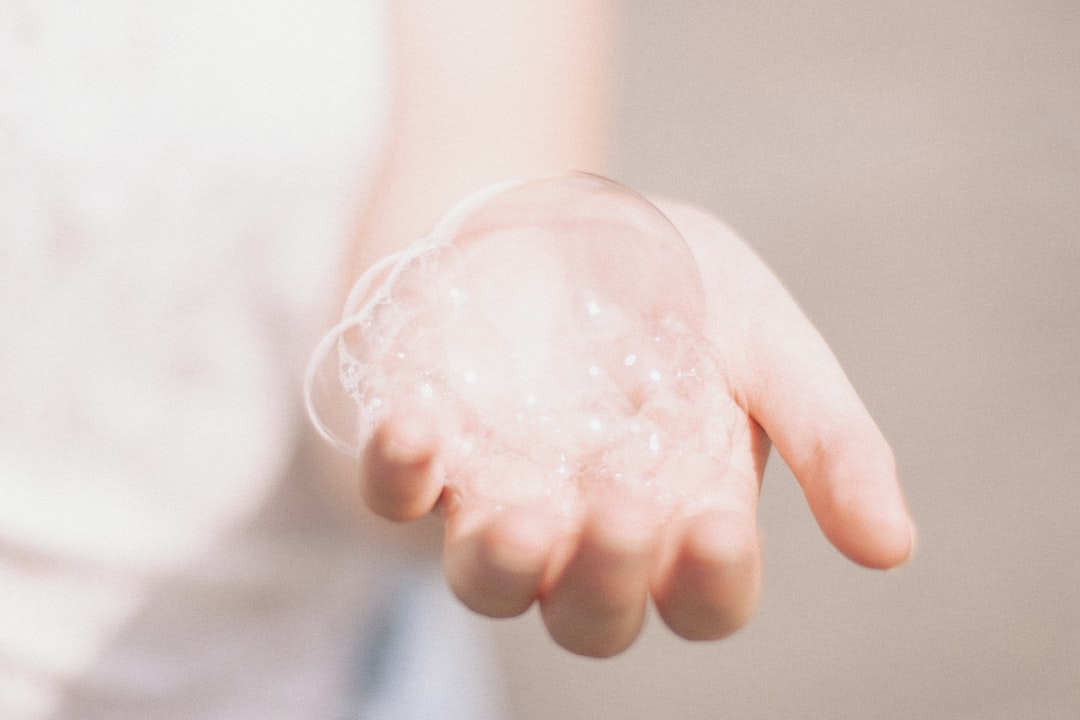Exfoliating is a skincare technique that involves removing dead skin cells from the surface of the skin. It may seem like an extra step in your skincare routine, but the benefits of exfoliating are numerous, making it a vital part of maintaining healthy and glowing skin.
One of the main benefits of exfoliating is that it promotes a smoother and more even skin tone. When dead skin cells accumulate on the surface of your skin, it can appear dull and rough. By exfoliating, you are removing these dead cells, revealing the fresh and radiant skin underneath. This process helps to improve the texture of your skin, leaving it soft and smooth.
Exfoliating also helps reduce the appearance of fine lines and wrinkles. As we age, our skin’s natural exfoliation process slows down. This can lead to the build-up of dead skin cells, making fine lines and wrinkles more noticeable. Regular exfoliation can help stimulate cell turnover and collagen production, leading to a reduction in these signs of aging.
Furthermore, exfoliating can help unclog pores and prevent acne breakouts. When excess oil and sebum mix with dead skin cells and bacteria, it can lead to clogged pores and acne. By exfoliating, you are effectively removing the build-up and keeping your pores clean. This prevents breakouts and helps control acne.
Exfoliation also enhances the effectiveness of other skincare products. When dead skin cells are removed, it allows your serums, moisturizers, and other skincare products to penetrate deeper into the skin. This means that the active ingredients in these products can work more effectively, providing you with the best possible results.
There are different methods of exfoliating, and it is important to choose the one that suits your skin type. Physical exfoliation involves using a scrub, brush, or sponge to physically remove dead skin cells. This method can be effective, but it can also be harsh on the skin if not done gently. Chemical exfoliation, on the other hand, involves using alpha-hydroxy acids (AHAs) or beta-hydroxy acids (BHAs) to dissolve dead skin cells. This method is gentler and can be a good option for those with sensitive skin.
It is essential to incorporate exfoliation into your skincare routine in a balanced manner. Over-exfoliating can lead to dryness and irritation, so it is recommended to exfoliate no more than two to three times a week. Additionally, it is crucial to moisturize your skin after exfoliating, as it can temporarily leave your skin more vulnerable to dryness. Using a nourishing moisturizer can help restore hydration and maintain the skin’s natural protective barrier.
In conclusion, exfoliating has numerous benefits that make it an essential part of any skincare routine. Whether it’s promoting smoother and more even skin tone, reducing the appearance of fine lines and acne, or enhancing the effectiveness of other skincare products, exfoliating can transform your skin. Just remember to choose the appropriate method for your skin type and not to overdo it. Incorporate exfoliating into your routine and enjoy the healthy and glowing skin that follows.
